The Paradise Bombed documentary about West Papua by Kristo Langker.
A new documentary and human rights report have documented savage attacks in 2021 by Indonesian security forces on a remote West Papuan village close to the Papua New Guinea border as part of an ongoing crackdown against growing calls for independence.
The documentary, Paradise Bombed, and the research report made public yesterday allege that six Papuan villagers were killed in the initial attacks, a further seven were killed later when fleeing to safety, and 284 people were recorded by witnesses to have died from starvation in the months since then.
The researchers also allege that the security forces used bombs and rockets fired by helicopters and drones in the Indonesian attacks.
- READ MORE: West Papuans flee from conflict into remote PNG area
- PNG Trust report on the attacks on the Ngalum Kupel villagers
- Other West Papuan human rights reports
An estimated 2000 people were forced to flee into the forest and have remained in bush camps ever since, fearful of returning to their homes.
“From 10 October 2021, there have been ongoing attacks on the Ngalum Kupel
community by the Indonesian National Armed Forces,” said the researchers, documentary filmmaker Kristo Langker, and Matthew Jamieson of the PNG Trust.
“The continued aggravated attacks by Indonesian military forces and apparent complicity of Indonesian authorities have profoundly impacted on the community [until] July 2023.
“The Ngalum Kupel people have evidence that the Indonesian National Armed
Forces are targeting the whole of the Ngalum Kupel community with modified Krusik
mortars and Thales FZ 68 rockets.”
Targeted villages
The military aerial attacks were reported to have targeted a series of villages which
are adjacent north and northwest of Kiwirok, the regional and administrative centre.
This includes the Kiwi Mission station.
Four community members of the Nek-speaking Ngalum Kupel ethnic tribe were eyewitnesses to the airborne rocket and bombing attacks on their villages around Kiwirok.
“They described a drone dropping bombs together with four or five helicopters firing rockets at houses, food gardens, pigs and chickens,” the report said.
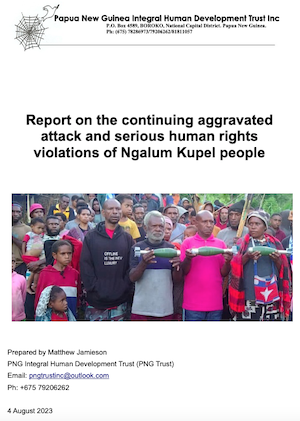
The witnesses named the dead victims and the displaced survivors.
“The witnesses collected shrapnel and bombs from the initial series of attacks,
bringing this evidence to Tumolbil in PNG,” the report said.
“The shrapnel and bombs collected indicate that Thales FZ 68 rockets and modified Krusik mortars were used as the munitions in the military aerial attacks. The witness accounts detail the Indonesian military forces using a drone/UAV armed with modified Krusik mortars, Thales rocket FZ 68 weapon systems and military attack helicopters against an Indigenous community.”
The report authors concluded that the Indonesia National Armed Forces — which were
understood to be equipped with Airbus Fennec attack helicopters and Thales
rockets systems — were “likely responsible for the helicopter components of the attacks.”
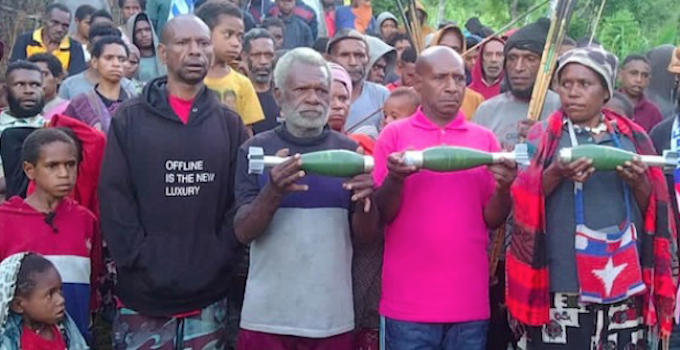
Wenda praises researchers
United Liberation Movement for West Papua (ULMWP) president Benny Wenda has praised the researcher and documentary maker in a statement yesterday:
“These courageous filmmakers, Kristo Langker and friendlyjordies, have shown how bombs made in Serbia, France, and China were used to massacre my people. What happened in Kiwirok is happening across West Papua.
“We are murdered, tortured, and raped, and then our land is stolen for resource extraction and corporate profit when we flee.
“My heart was crying as I watched this documentary, as I was reminded of the Indonesian attack on my village in 1977. My early life was like the Kiwirok children shown in the film: my village was bombed, my family killed and brutalised, and we were forced to live in the bush for five years.
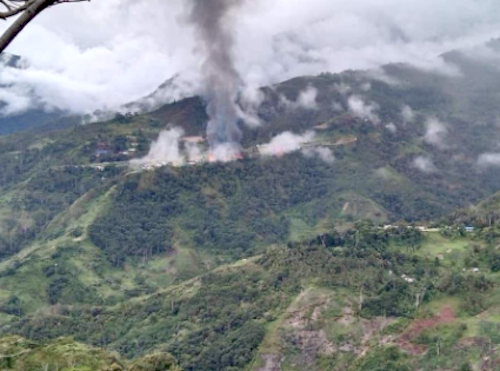
“The difference is that in 1977 no one was there with a camera to interview me — no one knows what happened to my mum, my aunt, my grandfather. But now we have video proof, and no one can deny the evidence of their own eyes.
“Aside from the number of Kiwirok people killed by Indonesian troops — ranging between 21 and 72 — witnesses from the village say that hundreds have died of starvation while living in the bush, where they lack food, water, and adequate medical supplies.
“Villagers attempting to return to Kiwirok have been attacked by Indonesian soldiers – shot at close range, with sniper rifles, and tortured. The names of Kiwirok residents are now added to the 60,000 — 100,000 who have been forcibly displaced by Indonesian militarisation since 2018.
“The international community knows this is a grave humanitarian crisis, and yet still refuses to act. Why?
“I want to alert all our diplomatic groups, the International Parliamentarians for West Papua (IPWP), the International Lawyers for West Papua (ILWP), and all West Papuan solidarity activists around the world. You must ask your governments to address this, to stop selling arms to Indonesia.
“I also want to thank Kristo Langker and friendlyjordies for making this important documentary, and to Matthew Jamieson for producing the report on the attack. You have borne witness to the hidden genocide of my people.
When we are finally independent, your names will be written in our history.”
There has been no immediate response by Indonesian authorities.
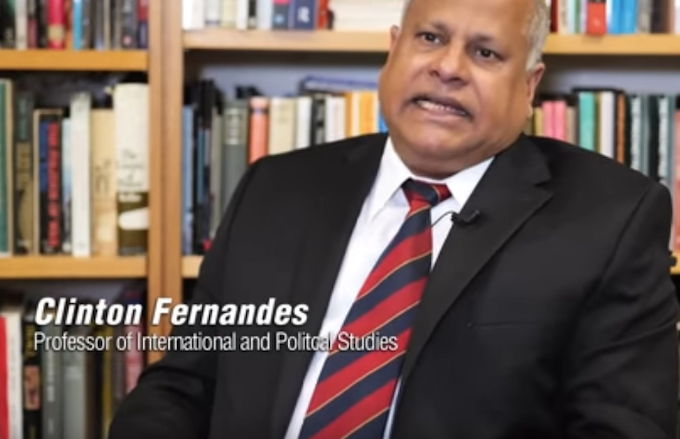
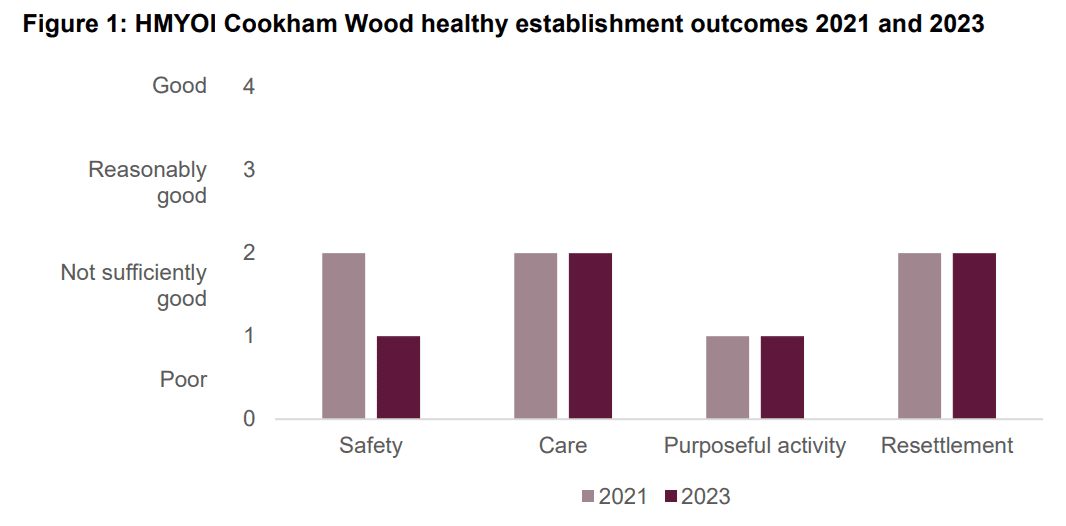





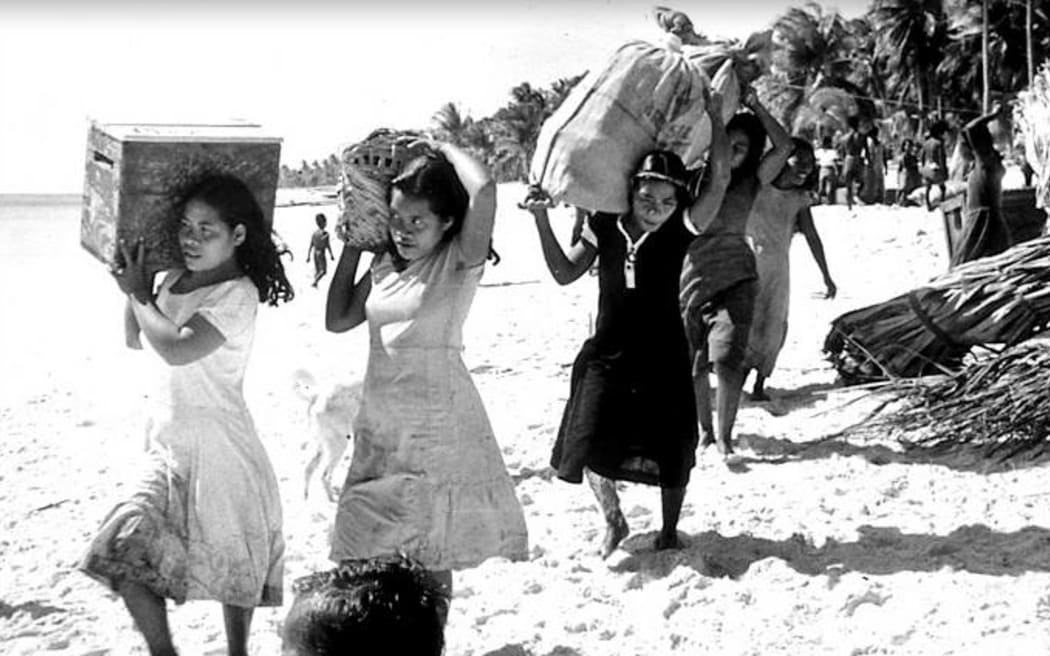
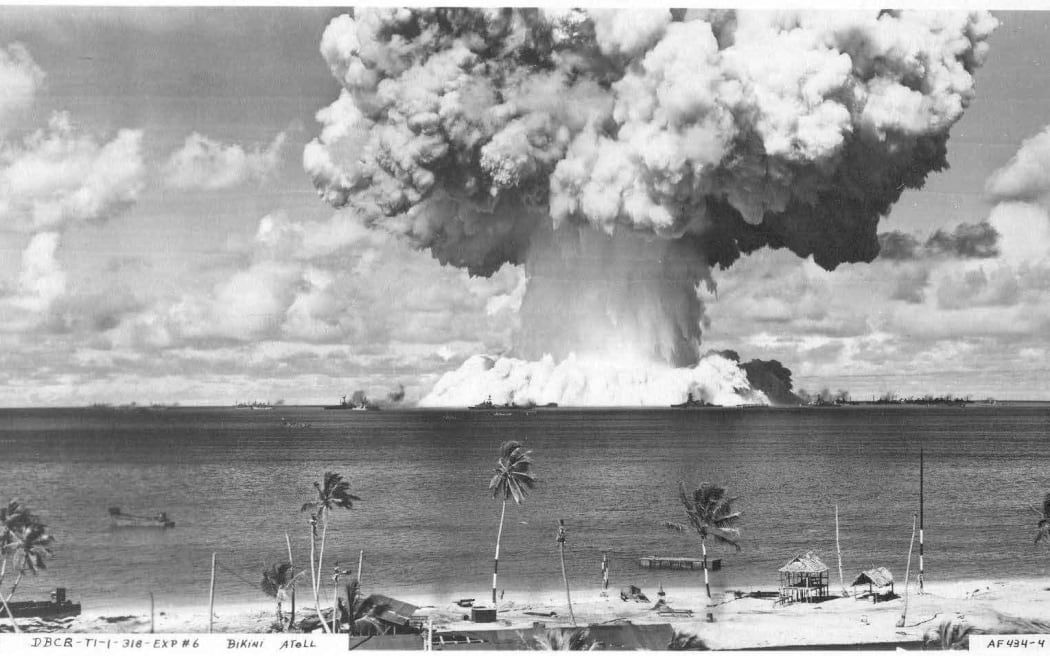



 Walen Parange
Walen Parange 